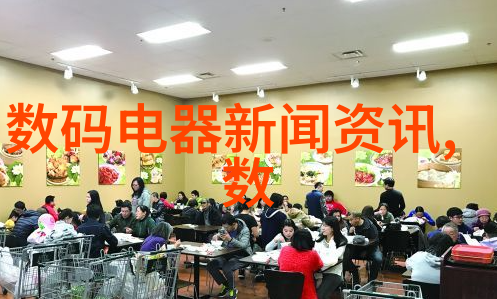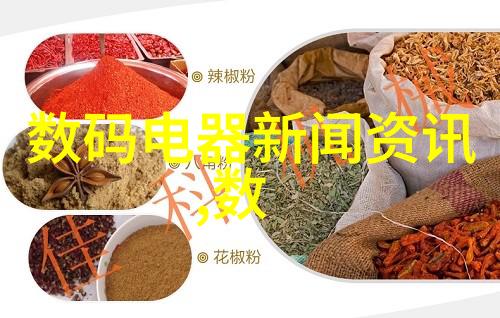
反应釜生产设备制造高效化学合成的关键
在现代化工生产中,反应釜作为化学反应的主要场所,对于保证产品质量和提高生产效率起着至关重要的作用。因此,如何设计和制造高效、可靠、安全的反应釜成为研发人员和工程师们持续探索的问题。本文将从多个角度深入分析反应釜生产设备制造及其对化学合成过程产生的影响。

1.1 什么是反应釜?
首先,我们需要了解什么是反应釜。简单来说,一个好的实验或工业环境中的反应器应该能够提供稳定且可控条件来进行各种化学反 应。这包括控制温度、压力以及混合物之间的接触,这些都是通过精确设计并搭建这些容器实现的。在工业化生产中,特别是在大规模合成有机化合物时,必须考虑到更复杂的大型装置,如聚合器(用于生成聚体)或催化剂处理系统。

1.2 高效化学合成
为了实现高效化学合成,我们需要一个既能处理大量材料又能保持良好操作性能的心脏——这就是为什么我们需要优质、高性能的reaction vessel manufacturing equipment。这个设备不仅要能够承受极端条件下的操作,还要确保产品的一致性和质量标准。

2.0 设计与制造原则
当谈及reaction vessel manufacturing equipment时,我们不能忽视其设计与制造原则。这些原则涉及到强大的耐腐蚀性材料,以抵抗常见酸碱溶液,以及对压力变化有适应性的构造以防止泄漏。此外,它们还需具备出色的热传导特性,以便在必要时迅速冷却或者加热。

3.0 安全标准
除了技术上的要求之外,在选择reaction vessel manufacturing equipment时,还必须严格遵守安全标准。一种符合所有相关法规,并配备了必要安全功能,比如自动流量控制系统,可以帮助预防事故发生,从而保护工作人员免受伤害。此外,与其他危险品一起运输这样的装备也是一项挑战,因为它们可能包含易燃或爆炸性气体,因此它们必须经过适当测试以证明它不会引发任何潜在风险。

4.0 环境影响因素
由于全球正在努力减少环境污染,一些新的方法被开发出来以减少chemical synthesis process中的排放量。这包括使用无毒材料制造成本较低且环保友好的reactions vessels manufacture equipment。而使用这种类型的人造玻璃组件可以降低重金属含量,同时具有良好的透光率,这使得观察过程变得更加容易,而不必担心污染试验室空气或水流等问题。
5.0 未来的趋势:数字化转型 & 创新技术融合
随着时间推移,不同行业不断地采用创新技术来改善现有的processes and systems。例如,将数据收集到的信息用于改进reactions vessels performance through predictive modeling or real-time monitoring of chemical reactions can help optimize production efficiency, reduce costs, and minimize waste.
结论
总结来说,当谈及high-performance reaction vessels for industrial-scale synthesis processes的时候,其manufacturing process plays a pivotal role in the success of the project as it directly affects both quality and yield of the final product by providing an optimal environment for chemical reactions to occur.
By considering factors such as design principles, safety standards, environmental impact, and future trends like digital transformation and technology integration into reaction vessels manufacturing processes can lead to significant improvements in efficiency while minimizing risks associated with hazardous chemicals handling operations.
In conclusion, optimizing reaction vessel design is crucial for achieving high-quality products at competitive costs while ensuring safe working conditions for personnel involved in these complex processes within industries that require large-scale production facilities—such as pharmaceuticals or petrochemicals sectors where thousands tons per year are produced daily worldwide without any incidents due solely because they have been able to master this delicate balance between productivity gains on one hand versus maintaining reliability over time on another side; hence there's no room left here anymore: we must adapt our strategies now so that tomorrow may look brighter than ever before!



